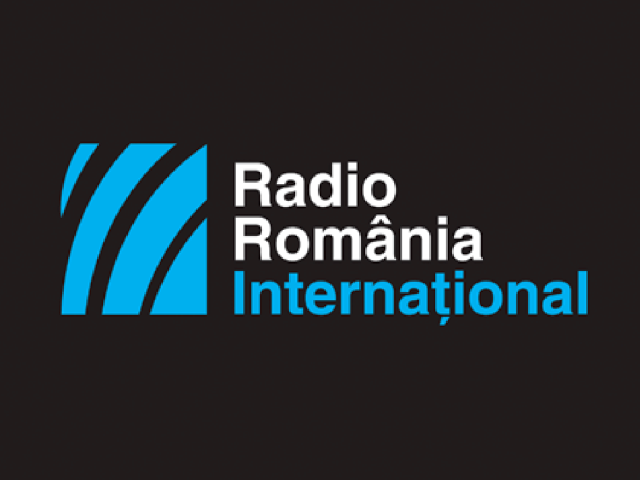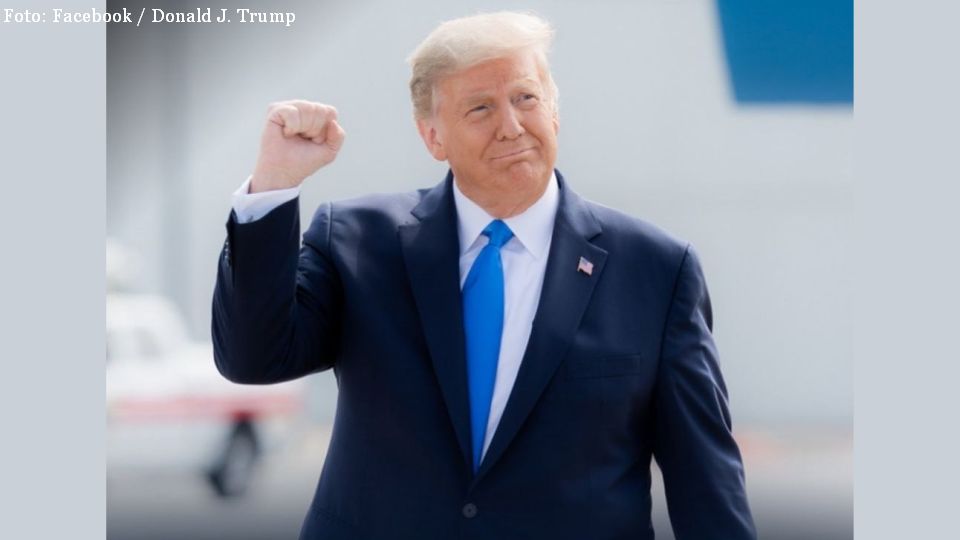A New Deal for the Romanian Capital Market
One year ago, FTSE Russell announced that it had promoted the Romanian capital market from a marginal market to an emerging secondary market

Corina Cristea, 01.10.2020, 19:25
One year ago, FTSE Russell announced that it had promoted the Romanian capital market from a marginal market to an emerging secondary market. The deadline for that move was September 2020. The decision was taken after three years of monitoring. This is a step forward for all businesses in Romania, according to Radu Hanga, head of the Bucharest Stock Exchange, who wanted to point out that this is not only about the capital market, it is about Romania as an emerging country overall:
“This is a historic moment for us as a country. Basically, it raises our ranking globally. By making it to the ranking of emerging market, we have access to a higher ranking of global investors, who manage much more important funding, and seek investment opportunities. We go on needing strong Romanian companies to be listed on the domestic stock exchange. We already have major brands listed, and we would like more Romanian companies to use the stock market as a financing platform, and we need more investors.”
Consolidating this new status can only be achieved by increasing the number of Romanian businesses on the market, which means that Romanian companies will rise in value and strength, bolstering the Romanian economy. For starters, three Romanian companies of the 370 listed in Bucharest will be indexed as emerging market actors. Nuclearelectrica, with a majority state participation, Banca Transilvania, the most highly traded company on the exchange, are two of the agents that have been appointed to the emerging market category, with Teraplast Bistrita being appointed to the micro category. This is a major step forward for the entire Romanian business community, according to Radu Hanga:
“This is a major leap, not just for us, the Bucharest Stock Exchange, but for the entire Romanian ecosystem. We can say that a highway opened for us, a financial highway that gives us access to capital circulating globally, capital that will be available to Romanian companies that use our exchange.”
This new status offers new avenues for investment, and experts say that this will be felt across the Romanian economy. Economic analyst Aurelian Dochia says that the effects of this uptick will be both immediate and long term, and three pronged as well:
“The most direct and visible effect will be on the companies themselves, they will most likely be more visible to investors abroad, their share price will rise, and will be able to have more liquidity. A second effect will, I believe, will be on the Stock Exchange itself, generally, because this will draw investors attention to Romanias capital market. One third level, I believe, is the effect on Romanias overall economy, which is increasingly visible in the world.”
Promoting Romania as an emerging market can be seen as the equivalent of joining the EU, says Finance Minister Florin Citu, a sudden opening towards a much broader market. This also means getting on the FTSE Russell listing, all of a sudden the Romanian market is one click away from billions in investments. Investors are seeking constantly markets to place money, there are billions going around, and now Romania is much closer to getting them invested. The capital market should be an engine of the economy, offering resources to insurance companies and retirement funds as well. Nicu Marcu, head of the Finance Supervision Authority, said that the finance market should increase its role regionally:
“The Bucharest Stock Exchange should become a regional hub for the other southeast European countries. By reaching this goal, it could take part in economic development at full capacity, but this means having more liquidity, which means offering better assets, and more safety for market actors.”
He went on to say that this opens up wide new prospects for the Stock Exchange, and a greater visibility.






























